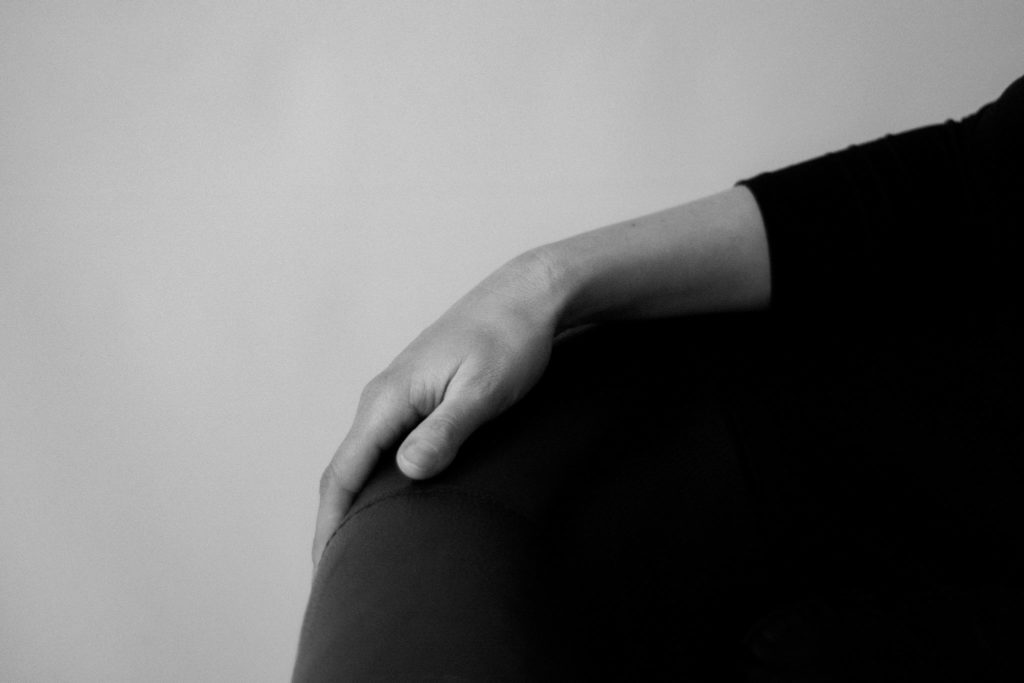
The past twenty-two months have been … a lot.
If you’re like me, you may find yourself staring out the window as you mull which mask to wear, which plans to change, what’s safe to do … or you might find yourself unable to form any thoughts at all.
I’m out of shape. I’m out of sorts. I can’t muster up much enthusiasm for anything.
I know why I can’t focus. I know what the past two years have been like.
But my internal critic says I’m wrong.
“There was a tornado!”
But my house wasn’t touched.
“There’s a pandemic happening!”
But I haven’t lost close friends or family.
“Our city was bombed!”
But I don’t live in the neighborhood where the bomb went off.
“Our family experienced job loss!”
But what came our way next was even better.
Each time, I find a reason that my experiences don’t count. But that’s not how it works.
Earlier this year I read Prayer in the Night by Tish Harrison Warren, and in it, she talks about the ordinary grief we all carry with us each day:
But the dark side of this resistance to grief is that we do not learn to grieve ordinary suffering and loss—the commonplace but nonetheless heavy burdens we each carry. As long as anyone had it worse (which is always), I felt I didn’t have permission to be sad, to weep, to mourn.
—Tish Harrison Warren, Prayer in the Night, 2021
In these times, our shared burdens are all heavy. And we are not all mourning the same things. Those of us with privilege have it relatively easy.
But that does not mean grief hasn’t hit us hard.
So do we plaster over all the cracks for the sake of the holidays? Do we paste on a smile for Christmas?
Here’s the thing:
If the world wasn’t broken, we wouldn’t need Christmas. If we weren’t drowning, we wouldn’t need a rescuer.
When we admit that life is hard, painful, and broken …
When we look around and see that all is not well, that this is not how it was meant to be …
Beautiful, and beautifully timed, reminder of hope—and of our individual permission to feel. Thank you for your lovely words, friends.